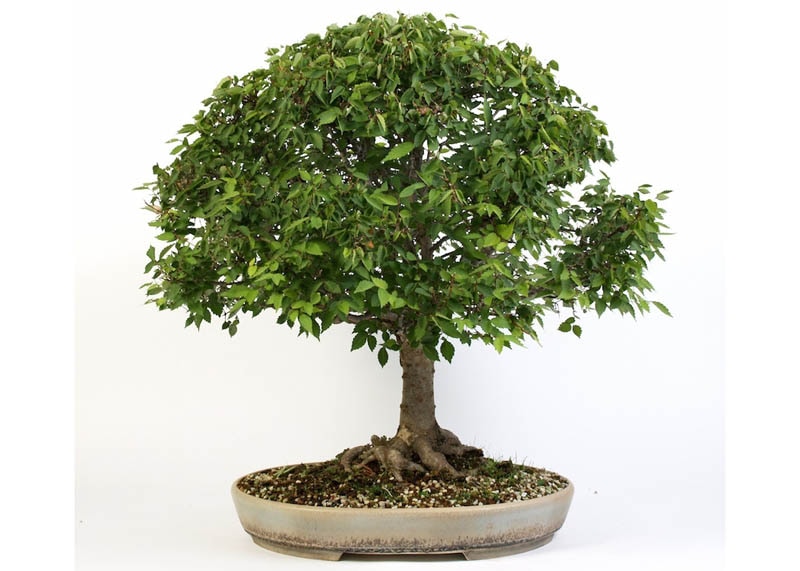The Japanese Elm Bonsai Tree is a beautiful plant. It brings nature into your home. This guide will teach you all about it.
History of the Japanese Elm Bonsai Tree
The Japanese Elm has a rich history. It comes from Japan. People have been growing it for hundreds of years. Bonsai is an art form. It started in China, but Japan made it famous.
Why Choose a Japanese Elm Bonsai Tree?
The Japanese Elm is perfect for bonsai. It has small leaves. The bark is smooth and grey. It grows fast and is easy to shape.
How to Care for Your Japanese Elm Bonsai Tree
Caring for a bonsai is fun. Here are some tips to help you.
Watering
Water your bonsai often. The soil should be moist but not wet. In summer, you may need to water it every day.
Light
Japanese Elm loves sunlight. Place it where it gets plenty of light. But avoid direct sunlight in the afternoon. It can burn the leaves.
Soil
Use well-draining soil. This helps prevent root rot. You can buy special bonsai soil at garden stores.
Fertilizing
Fertilize your bonsai once a month. Use a balanced fertilizer. This helps your tree grow strong and healthy.
Pruning
Prune your bonsai to keep its shape. Cut back long branches. This encourages new growth.
Repotting
Repot your bonsai every 2-3 years. This gives the roots more room to grow. Use fresh soil when repotting.

Credit: oxy-plants.com
Styling Your Japanese Elm Bonsai Tree
Styling a bonsai is like creating art. Here are some popular styles.
Formal Upright Style (chokkan)
This style is straight and tall. The trunk is vertical. Branches grow out evenly from the trunk.
Informal Upright Style (moyogi)
This style has a curved trunk. It looks natural and relaxed. The branches grow in a zigzag pattern.
Slanting Style (shakan)
This style looks like the tree is leaning. The trunk slants to one side. It gives a feeling of movement.
Windswept Style (fukinagashi)
This style looks like the tree is blown by wind. The branches and trunk lean in one direction. It looks dramatic and dynamic.
Common Problems and Solutions
Sometimes, your bonsai may have problems. Here are some common ones and how to fix them.
Yellow Leaves
Yellow leaves can mean too much water. Let the soil dry out a bit before watering again.
Wilting
Wilting can mean not enough water. Water your bonsai thoroughly. Make sure the soil is moist.
Pests
Pests like aphids can harm your bonsai. Use insecticidal soap to get rid of them.
Benefits of Growing a Japanese Elm Bonsai Tree
Growing a bonsai has many benefits. Here are some reasons to start.
Relaxation
Caring for a bonsai is calming. It helps reduce stress and anxiety.
Creativity
Styling a bonsai lets you be creative. You can shape it any way you like.
Connection To Nature
A bonsai brings nature into your home. It helps you feel connected to the natural world.
Learning
Growing a bonsai teaches you patience and care. You learn about plants and how they grow.

Credit: www.bonsaiempire.com
Conclusion
The Japanese Elm Bonsai Tree is a wonderful plant. It is beautiful and easy to care for. Whether you are a beginner or an expert, you will enjoy growing it.
| Aspect | Tips |
|---|---|
| Watering | Keep soil moist but not wet |
| Light | Plenty of indirect sunlight |
| Soil | Use well-draining soil |
| Fertilizing | Once a month with balanced fertilizer |
| Pruning | Cut back long branches |
| Repotting | Every 2-3 years |
Now you know all about the Japanese Elm Bonsai Tree. Happy growing!

